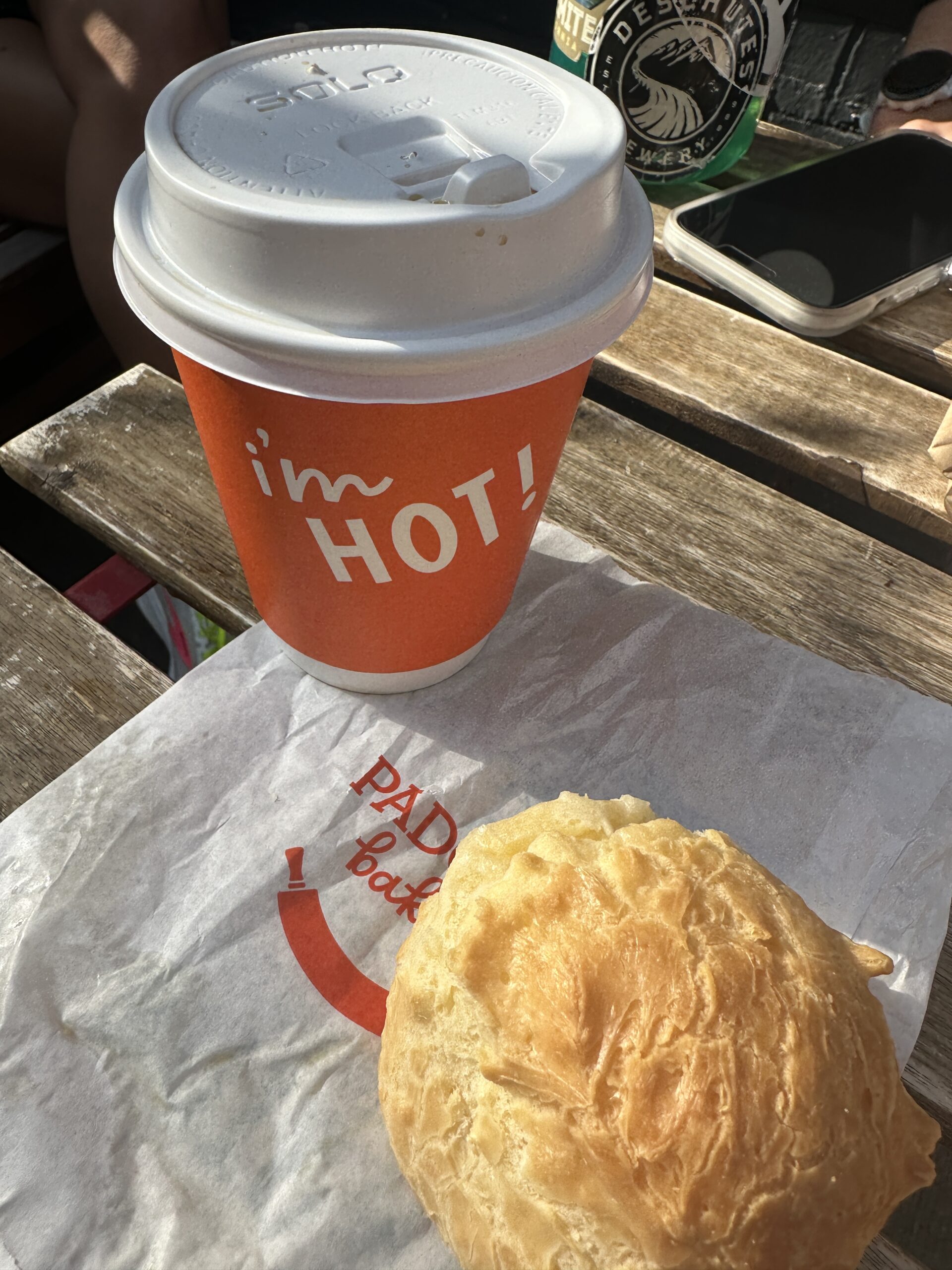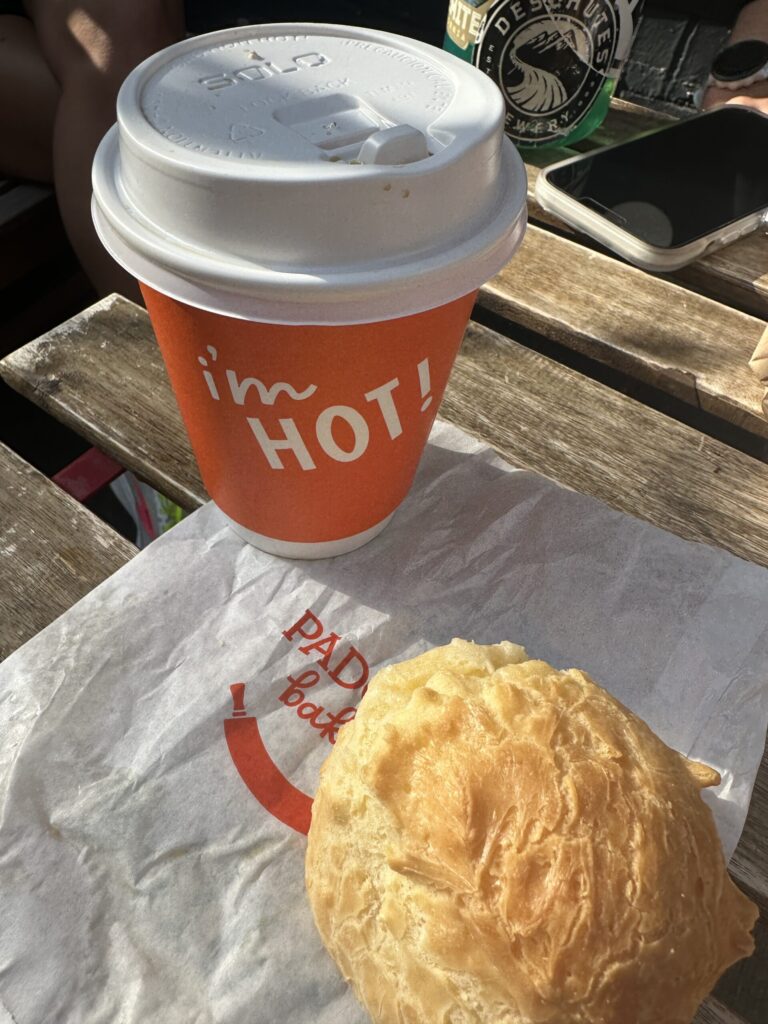
Let’s talk about carbs! They’re the preferred source of energy by your body, the primary energy source for your brain, and yet they’re still controversial! Here we’ll break down what they do for us, where they are in our food, and why they are so important to a healthy diet.
How do carbs help our bodies?
Carbohydrates play many important functional roles in our body. For the most part, carbohydrates are used in the form of glucose. After we consume carbohydrates, they are digested and broken down into glucose which is then used to create energy. The brain alone uses roughly 20% of the glucose that our body uses daily. Glucose provides energy for the brain to undergo its daily functions, such as sending signals within the brain and throughout the body. Glucose is also used as energy for your muscles, both for regular movements such as cleaning dishes and for more strenuous activity like working out. Since the body does not need all of the glucose you consume at once, it converts it to something called glycogen for storage. Then, when your body does need the energy, it can convert glycogen back into glucose. This is also why carb loading is used as a fueling strategy in endurance events! You build up glycogen to be stored and broken down during your endurance event.
Fiber is another form of carbohydrate that we consume. Fiber is minimally digested, so it has a different function in the body than other carbs that come from starches and sugars. It can help with regulating bowel movements, making meals more filling, and balancing blood sugar. Another important aspect of fiber is it acts as food for the bacteria in your gut! By feeding your gut bacteria, fiber is a key part of maintaining a healthy gut microbiome.

Should I Be Eating Some Carbs But Not Others?
As I mentioned above, we get carbs for all kinds of different foods. The carbohydrates we get from all of these foods fall into 2 major categories: simple carbs and complex carbs. Simple carbs are those that we digest quickly, and can provide quick bursts of energy. These are also sometimes called ‘white carbs’. Some examples of simple carbs include honey, maple syrup, fruit juice, candy, jam and white bread. They are a great source of quick energy for right before, or during a workout! They can also give you a boost if you need something to hold you over while waiting on a late dinner reservation.
Complex carbs are digested more slowly than simple carbs. For this reason, consuming complex carbs results in a slower rise in blood sugar, and they may keep you feeling full longer than simple carbs. Fiber also falls under the category of complex carbs. A few sources of complex carbs include fruits, vegetables, beans, whole grains such as oats and farro, whole grain bread and potatoes. Complex carbs are a great addition to any meal! They provide lots of nutrients and help make the meal more satisfying and filling.
Complex carbs tend to have more nutrients than simple carbs and they can prevent disease such as colon cancer and can reduce cholesterol. Both types of carbs have a place in our diet! Simple carbs provide quick energy, and add flavor to our food. They’re also easily digested which comes in handy if you’re having stomach trouble. Complex carbs provide lots of nutrients and provide long term, sustainable energy. Moral of the story? All types of carbs should be a part of your diet! They are a big source of energy to our body’s daily functions, and should definitely not be restricted.